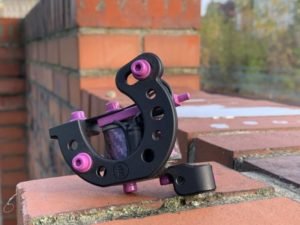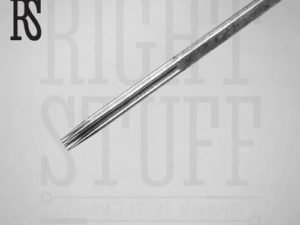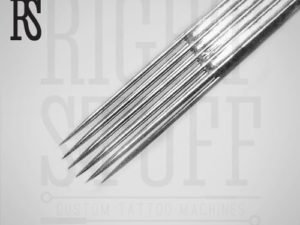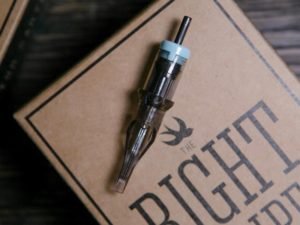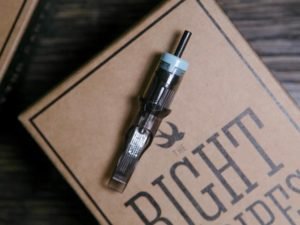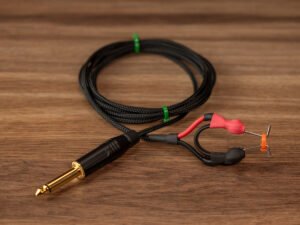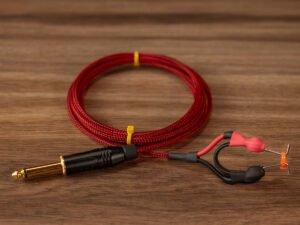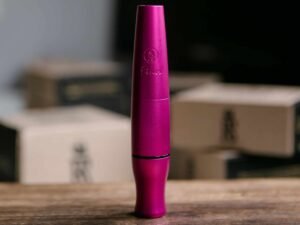tattoo beginner box
TATTOO BEGINNER BOX
The Art of Tattoo is becoming a way of life for the multitudes of the Young around Planet Earth. It has become a symbol of culture, of individual personality, and is no longer just a decoration. Even beginners with their heads full of dreams, and some small artistic capital, are taking the plunge. It is the age of DIY (“Do It Yourself”) Tattooing. So, beginner tattoo kits are becoming essential fashion statements for Generation X.
The New Makeup Box
The Tattoo may last for years, sometimes even a lifetime. Yet these Beginner Kits are comparatively easy to use, at least to start with. These are no temporary flash in the pan solutions, like cosmetics and face paints. Tattoos are actually embedded in the live human skin, and first lined, then shaded, and finally color packed. The ink, the needles, the mode of application, all need to be screened medically and fulay certified to provide safe tattooing. The beginner kit is not a plastic toy. It contains near professional quality equipment, which are more or less as used by any experienced Artist, with one proviso. It must be easy enough to learn and operate for the novice, but the learner must have keen intelligence, nimble fingers, strong wrists, and real artistic ability to draw and paint. So what does this Kit consist of?
The Basic Kit
In general, machines are supplied as part of a kit by the dealers. The kit includes Ink, Needles and Cartridges, Foot Peddle, Clip Cord, and Power Supply. Depending on what is included, the beginner’s kit could cost up-to US$1000, but can even be as low as US$50 for minimum items. The usual beginner tattoo kit must contain at least the following equipments:
Tattoo Machine: Of the two types of machines in common use, Rotary Machines are preferable to Coil Machines for beginners. This is because the Rotary Machine is light-weight, low vibration and emits the minimum sound. It also needs minimum adjustment to function as a Liner, Shader or Color Packer. This means the beginner need not splash out extra money for at-least three machines, instead of just the one.
Tattoo Ink: While most kit suppliers supply inks in the form of a standard set, this may not be sufficient to cover all the colors that an artist, even if he is a beginner, would like to use.
Needles and Cartridges: Standard needles come with the original beginner kit. But since this item requires continued supplies, the large mail order suppliers, such as Walmart and Amazon can be checked out for needles that are compatible to the beginners tattoo machine. Different needles and cartridges come in different packs. Typically, ACE needles come in 50 piece packs of pre-made sterile tattoo needles.
Tubes, Tips and Grips: The most important items for locating and cleaning needles, as well as the best beginner grips, usually come with the kit itself.
Stencils and Stencil Pens: The pens last a long time, but more Stencils may be required by the beginner as he needs to practice before applying his art on the human skin.
Power Supplies: The machines operate at standard voltages below 10V. The power supplies are generally supplied with the kit specific to the machine.
Instruction Manual: Beginners need to spend long hours studying the instruction manual before commencing with tattooing practice.
Maintenance Manual: This may be consulted if and when necessary.
There are several other auxiliary items needed for the full operation. This must include a Tattoo couch, suitable lighting, fresh air supply (Air Conditioner is preferred, as it also provides a degree of humidity control in addition to temperature),
The Legal Angle
The legal angle must be considered by any beginner before engaging in DIY tattoo practice. Legal stipulations insist that the novices must work in a licensed shop for a certain number of hours depending on their normal line of work, before taking the test and becoming certified themselves. At the same time, it seems strange that there are NO regulations on who can buy the tattoo supplies. Thus, many of the suppliers of tattoo and piercing materials insist on verification of authenticity of the buyer by providing the tattoo shops EIN (Electronic Identification Number). This is the standard practice, followed by most suppliers of tattoo material, in order to ensure that no sale is made to an illegal artist. Public Health departments require that the artists be certified in blood borne pathogens or cross contaminations. The artist must know First AID and CPR. And also take a test from the PHD (Public Health Department), before the artist is allowed to legally tattoo anyone, including themselves.
The Final Word
A beginner must first be prepared for extreme hard work, over 6-8 years, before he can call himself an Artist, so consider that before buying a kit.
